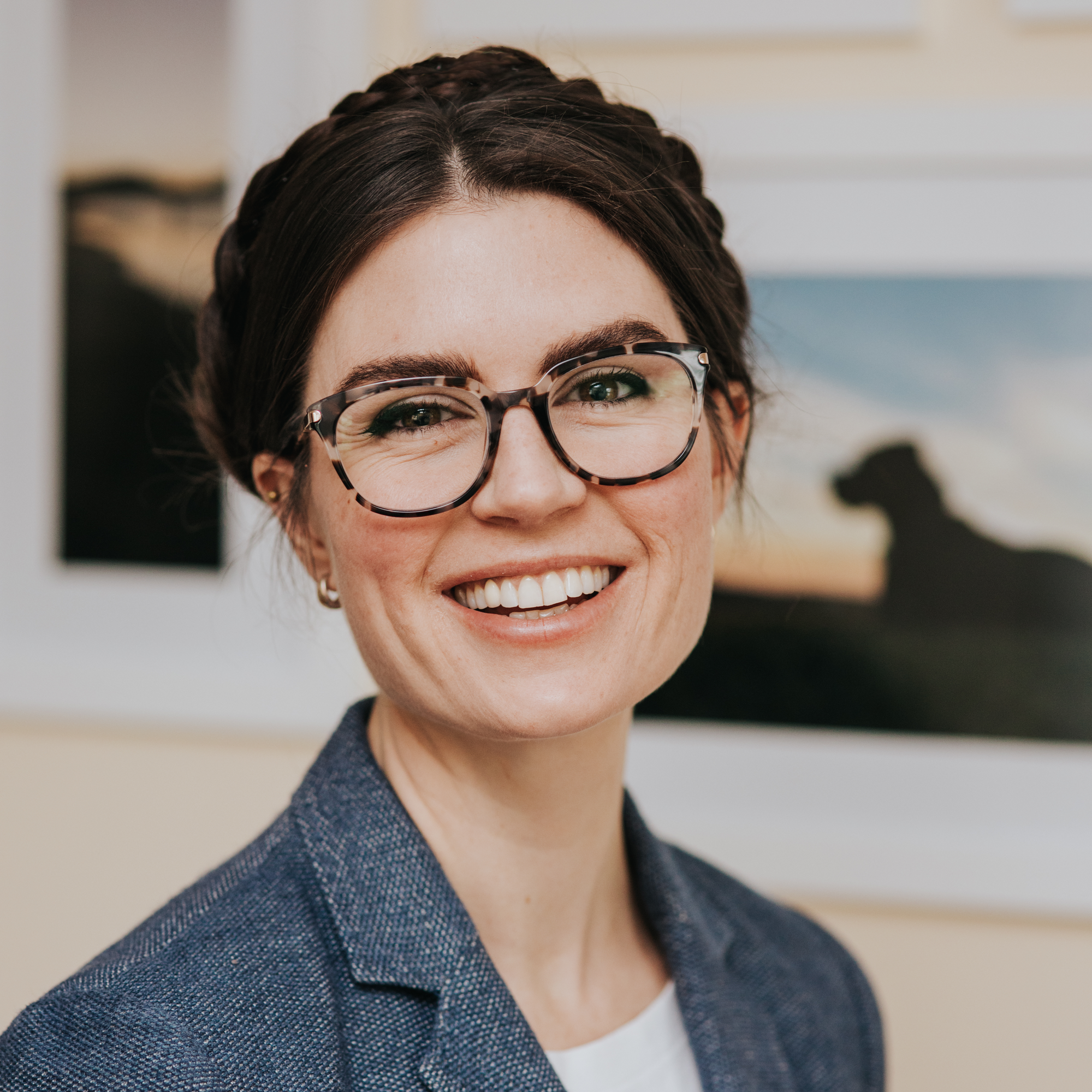- August 10, 2020
- Public Health

Accessible Text:
Three Online Tools for Public Health Data Projects:
Public health and environmental information is crucial for the health of cities, and these three tools provide important data on air quality, community health, and environmental sustainability.
1. Environmental Insight Explorer
This tool from Google, launched in October 2019, measures city greenhouse gas emissions, provides air quality measurements, and helps identify emission reduction opportunities. Made in partnership with the Global Covenant of Mayors for Climate & Energy, this tool currently features more than 120 cities around the world. The Explorer can also identify building versus transportation emissions, and identify potential buildings for solar roofs.
Access at:
insights.sustainability.google
2. ACSM American Fitness Index
For over ten years the American College of Sports Medicine (ACSM) has published a data index ranking the 100 largest cities in the U.S. in terms of community fitness. Metrics like walkability, vegetable consumption, and aerobic exercise count toward city scores. The indexing tool also allows city comparisons, and the ACSM encourages cities to learn from and collaborate with each other on improving metrics. Access at:
americanfitnessindex.org
3. i-Tree Tools
The suite of i-Tree tools uses scientific, peer-reviewed data to quantify the benefits and value of trees in cities and urban areas. Using research from the USDA Forest Service, there are several different tools in the suite. The Canopy tool uses aerial photographs to estimate tree coverage, Landscape identifies threatened areas prime for re-planting, and Design models current and future tree benefits by parcel.
Access at:
itreetools.org





